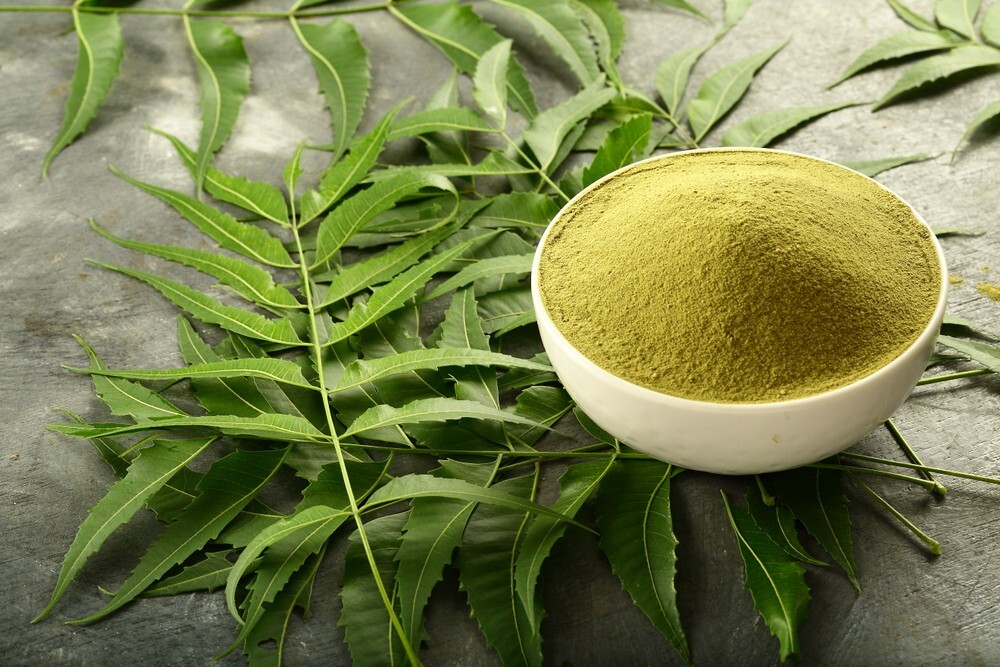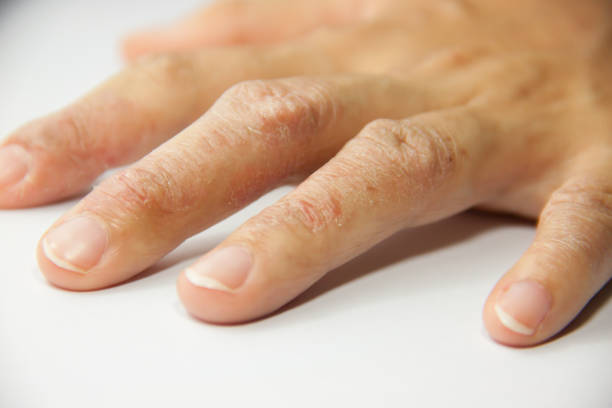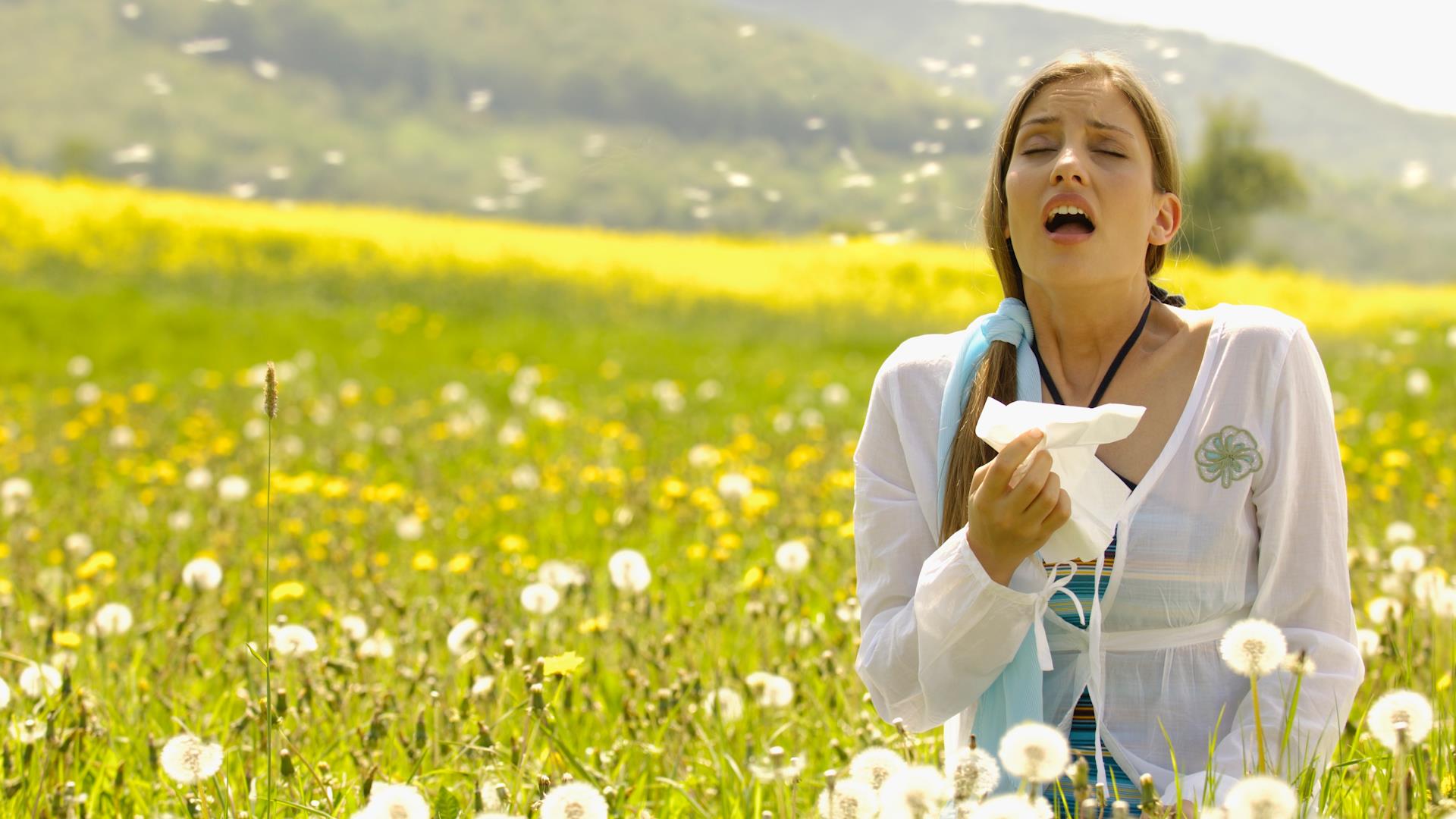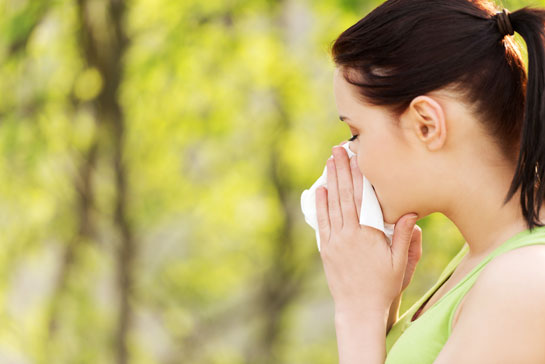Non Allergic hypersensitivity reaction or pseudo allergic drug reaction.
Root Cause of Disease
With a drug allergy, your immune system mistakes a drug that enters your body for one of these invaders. In response to what it thinks is a threat, your immune system begins to make antibodies. These are special proteins that are programmed to attack the invader.
Symptoms
Symptoms of a serious drug allergy often occur within an hour after taking a drug. Other reactions, particularly rashes, can occur hours, days or weeks later.
- Drug allergy symptoms may include:
- Skin rash
- Hives
- Itching
- Fever
- Swelling
- Shortness of breath
- Wheezing
- Runny nose
- Itchy, watery eyes
Causes
- A drug allergy occurs when your immune system mistakenly identifies a drug as a harmful substance, such as a virus or bacterium. Once your immune system detects a drug as a harmful substance, it develops an antibody specific to that drug. This can happen the first time you take a drug, but sometimes an allergy doesn’t develop until there have been repeated exposures.
- The next time you take the drug, these specific antibodies flag the drug and direct immune system attacks on the substance. Chemicals released by this activity cause the symptoms associated with an allergic reaction.
- You may not be aware of your first exposure to a drug, however. Some evidence suggests that trace amounts of a drug in the food supply, such as an antibiotic, may be sufficient for the immune system to create an antibody to it.
- Some allergic reactions may result from a somewhat different process. Researchers believe that some drugs can bind directly to a certain type of immune system white blood cell called a T cell. This event causes the release of chemicals that can result in an allergic reaction the first time you take the drug.
Home Remedies to treat Drug Allergy
Remedy- 1: Tulsi
Materials: Tulsi

Tulsi is proven to be the safest skin cream that can be used and the benefits are massive. Tulsi reflects on your skin when you consume it as well as apply it. This wonder herb is used to treat acne, skin infections, lighten dark spots and improve skin texture. Here is a list of benefits that tulsi does to your skin.
- Tulsi helps in skin brightening.
- Tulsi helps in curing acne face marks.
- Tulsi mixed with eggs and mixed can help in tightening skin pores.
- Tulsi helps in curing skin infections and any sort of skin allergies.
Procedure:
- Consume Tulsi leaves raw, plucked fresh from the plant, add it to your tea or make it out of it.
- Tulsi tea: To make tulsi tea, boil 1 cup of water and pour it over 1 tsp of fresh tulsi leaves, 1/2 tsp of dried tulsi leaves or 1/3 tsp of tulsi powder. Cover the water in a pot or mug and let it seep for 15-20 minutes. Then strain the leaves, add honey if desired and enjoy.
Remedy- 2: Neem
Materials: Neem

Neem is one of the most essential herbs used in Indian households to treat a lot of skin ailments, and itchy skin is one of them. Neem has anti-inflammatory and anti-microbial properties that helps soothe itchy skin. Bathing with neem water cures itching and rashes in children who get chicken pox or hand foot mouth (HFM) disease. Neem water bath is an ideal home remedy for itching in the whole body.
Procedure:
- For neem water bath, soak a handful of neem leaves in hot water for half an hour.
- Once lukewarm, take a bath with the neem water.
- You can also make a paste by grinding neem leaves with water.
- Apply the paste on the irritated skin. Wash once dried.
Remedy- 3: Aloe vera
Materials: Aloe vera

If general irritation is causing your rash, like from an allergy, aloe vera might work to soothe itching and inflammation. It might improve the appearance of the rash, too. However, proper studies are lacking to support its use over conventional treatments. Also keep in mind aloe vera can’t “cure” an allergic reaction.
Procedure:
Using aloe vera for any type of rash is pretty simple. Liberally apply aloe vera gel all over the area where you notice symptoms. Use products made of pure, 100 percent aloe vera to avoid introducing other allergens or ingredients that could further irritate your skin. Aloe vera gel takes a few minutes to dry. Let your skin absorb it completely before you put clothes on over the area. You can reapply the aloe vera gel every couple of hours to see whether it helps your symptoms. Twice per day should be enough to see results, if aloe vera is going to be effective for your particular rash.
Product link: Aloe Vera
Other Remedies
Eucalyptus
As a natural allergy cure, eucalyptus effectively calms coughs and relieves nasal congestion and is often found in cough and cold remedies, chest rubs, and various oils and liniments to relieve pain. It is both an antiseptic and a stimulant with expectorant and antibiotic properties. The powerful vapour from eucalyptus clears congestion and loosens mucus. It is especially effective when used in conjunction with steam treatments. In lozenge form, eucalyptus increases the production of saliva to reduce the urge to cough. Given these properties, eucalyptus is considered to be one of the best natural allergy remedies.
Red Clover
Red Clover is a traditional remedy for asthma when taken in the form of a tea and as allergies and asthma may be associated, can be used as an allergy remedy. It has antispasmodic and expectorant qualities and dried has even been used in “anti-asthma” cigarettes. It is not uncommon today to find red clover wine which makes an excellent cough remedy.
Licorice Root
Powdered licorice root has been used since ancient times as a cough remedy and is often present in modern cough syrups. Beyond its helpful qualities, licorice is sweet to the taste and thus more pleasant as a “medicine.” It should be used with caution by anyone prone to high blood pressure as excessive use of licorice will make hypertension worse.
Ginger Tea
This type of tea has many health benefits. Ginger root is known for its ability to decrease the symptoms of abdominal discomfort and nausea. This can mitigate irritable bowel syndrome and it will support the levels of digestive juices in the gut. Ginger tea is a good home remedy if you have lactose intolerance.
Ginger will ease the inflammation in the intestines and it can alleviate spasms. Also, you can drink ginger tea to ease the upset stomach. You should boil a few slices of ginger root in plain water. Then, strain the fluid and take it as tea.
Chamomile Tea
If you suffer from gluten intolerance, then chamomile tea is one of the best home remedies that you can use to treat this condition. This herb has powerful antioxidant and anti-inflammatory properties. It can help to lessen the discomfort from bloating and it will give you a soothing effect, while at the same time, it will relax the digestive tract. You should drink this herb as much as needed in the day to get relief from the symptoms.
Apple Cider Vinegar
It has been shown that apple cider vinegar can help to alleviate a myriad of stomach dilemmas and gluten digestion is one of them. Apple cider vinegar is enzyme-rich vinegar, which aids inflammation, digestion, and fights against constipation. Also, it can help to encourage the growth of good bacteria, so it is one of the best home remedies for gluten intolerance. It is suggested to dilute a tablespoon of apple cider vinegar in one cup of water.
Risk factors
While anyone can have an allergic reaction to a drug, a few factors can increase your risk. These include:
- A history of other allergies, such as food allergy or hay fever
- A personal or family history of drug allergy
- Increased exposure to a drug, because of high doses, repeated use or prolonged use
- Certain illnesses commonly associated with allergic drug reactions, such as HIV infection or the Epstein-Barr virus.
Preventions
If you have a drug allergy, the best prevention is to stop using the problem drug. Steps you can take to protect yourself include the following:
- Inform health care workers. Be sure that your drug allergy is clearly identified in your medical records. Inform other health care providers, such as your dentist or any medical specialist.
- Wear a medical bracelet. Wear a medical alert bracelet that identifies your drug allergy. This information can ensure proper treatment in an emergency.




